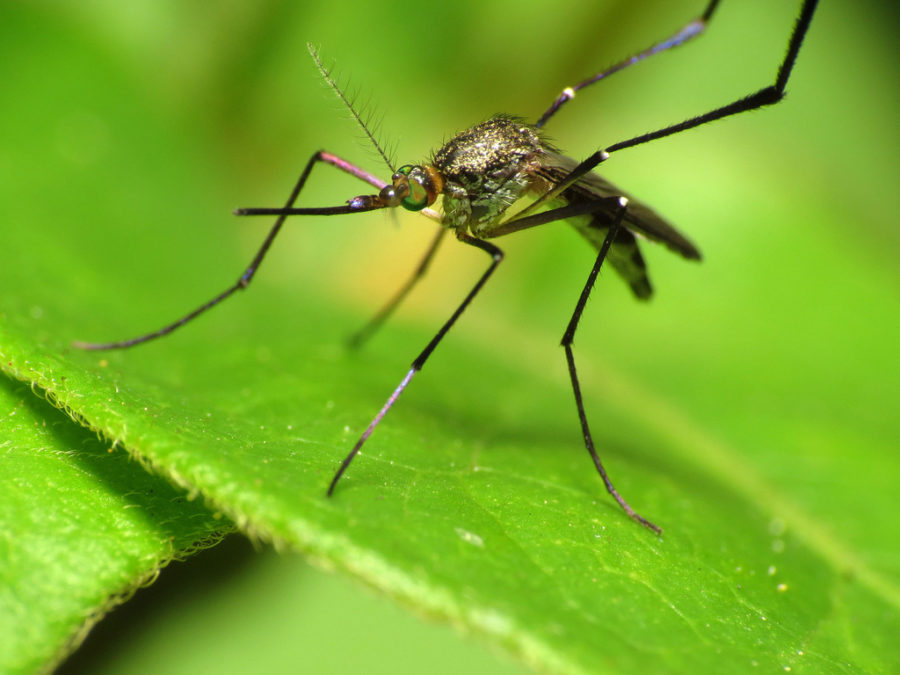SIDE EFFECTS OF ZIKA
Bees and Their Keepers Feel the Sting of Anti-Zika Toxin
Over 3 million bees died in South Carolina’s Dorchester County last week after a toxin was sprayed by plane in a hopeful attempt to rid the area of mosquitoes that could possibly be carrying the Zika virus. Unfortunately, there’s very little evidence that the toxin did anything to limit Zika’s spread, and it is very possible that a tremendous number of bees died for nothing. This disregard for the safety of bees worries many beekeepers about what it means for the future environment, and other surrounding bee farms and hives. What brought on this aerial attack of great proportion? The shocking 46 confirmed cases of Zika within Dorchester County, which was considered “ground zero” for the 200-yard spray radius used by disease control officials.
Trumpet, the product used to spray for Zika carrying mosquitoes, contains the poison Naled. This particular choice of toxin is recommended for these disease outbreak situations by the Environmental Protection Agency, the CDC, and the Prevention for control of Adult Aedes Aegypti (which is fancy talk for Zika mosquitoes). Each of these organizations gave the all clear to Jason Ward, the Dorchester County Administrator, for the use of the pesticide. Both Ward, and these organizations, claimed to have been misdirected when told by Trumpet manufacturers that although their product is highly dangerous for bees, it is safer if not sprayed two hours after sunset and two hours before sunrise. However, after the full consequences of Trumpet was revealed early Sunday morning, after the 6:30 and 8:30 AM poisonous rainfall, Warden stated, “We followed the recommendation, which is also the policy laid out by the state, using a pesticide the state has approved for use.” Of course, after the saddening scene was found in Dorchester County’s local bee farms of Andrew Macke, local firefighter captain, and Juanita Stanley, co-owner of Flowertown Bee Farm and Supply, apologies and assistance were sent. Authorities claimed to have tried their best to stay away from known, and unknown, sites of bee farms, but, “these two happened to be in the line of fire”, said Ward. However, both Stanley and Macke claim to have had no idea of an aerial spraying, only of the possibility of one by truck, in a more localized manner.
Both Stanley and Macke were outraged and devastated to find out the truth behind the millions of dead bees. When asked about the lack of notification regarding the aerial spray for Zika mosquitoes, Stanley said, “If I had known, I would have been screaming and pleading on their doorstep.” Macke was asked the same question, and in response, he exclaimed, “Have we lost our minds, spraying poison from the sky? Thousands upon thousands of my bees, lost.” The lack of interest for the welfare of bees from the disease control officials, and the manufacturers of Trumpet, is not only worrying Stanley and Macke, but many bee farms in surrounding southeastern areas are concerned with what happens next as well. If the outcome of this anti-Zika toxin was so bad in South Carolina, what will happen if Zika spreads, and other bee farms just happen to be in the line of fire yet again? This is the question that is buzzing around the beekeeping community, and will continue to do so until Zika, and the forces that “control” it, are ended. After all, if our little pollinators die, so does the earth….and beekeepers know that if Zika is handled the same as it was in Dorchester County each time a new case appears, it is going to sting.








